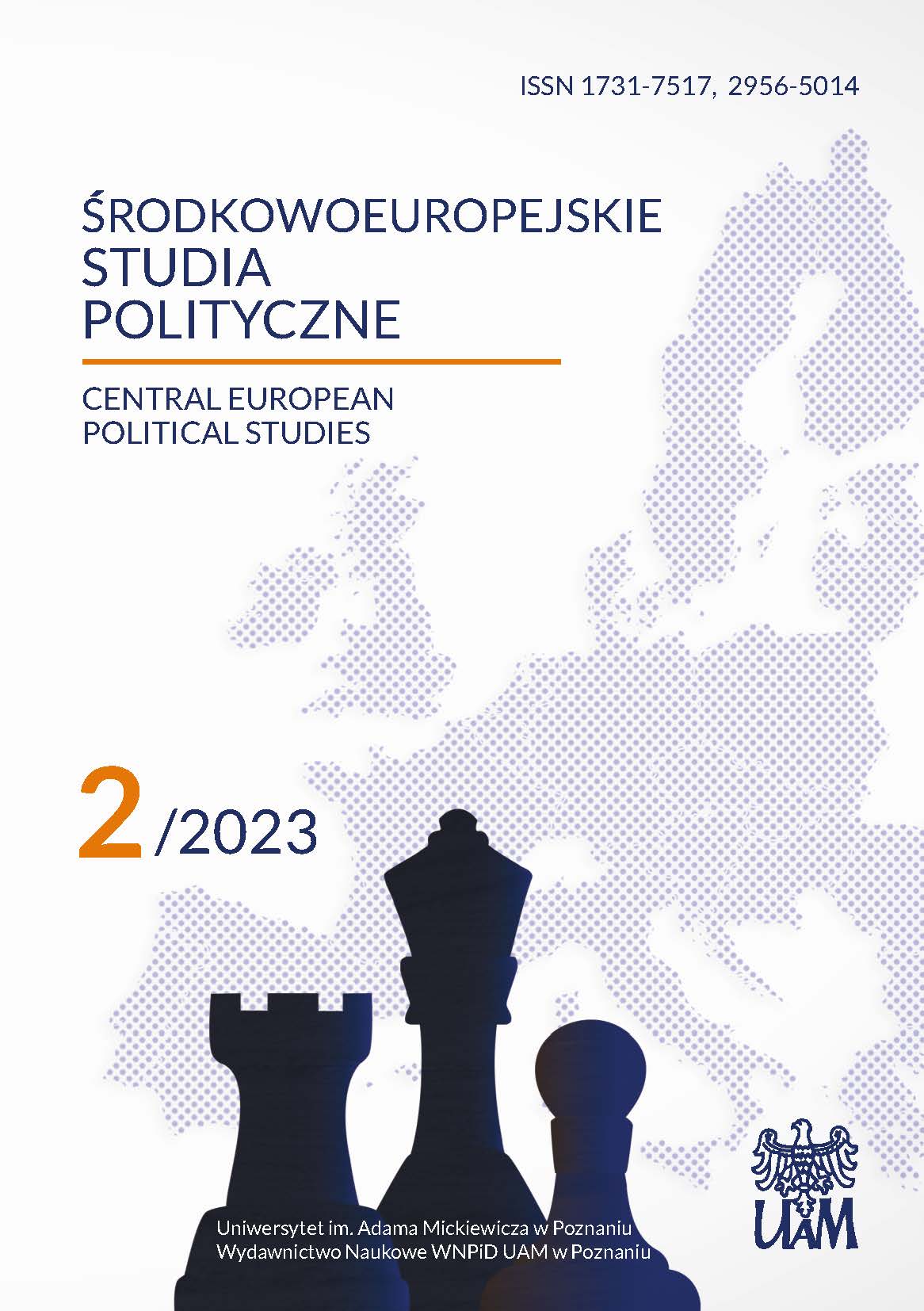Mental Revival of Ukraine: A Stranger Among Friends?
Mental Revival of Ukraine: A Stranger Among Friends?
Author(s): Łukasz Donaj, Hanna LavrynenkoSubject(s): Politics / Political Sciences, International relations/trade, Geopolitics
Published by: Uniwersytet im. Adama Mickiewicza w Poznaniu
Keywords: political mentality; mental revival; waves of migration; occupation; collaborationism; internal migrants; IDPs; universalism; Karpman drama triangle
Summary/Abstract: The authors of the study analyze the problem of the mental revival of Ukrainians in the post-war period, as well as consequences of the division of society into the categories of “friends” and “strangers”. The authors distinguish three stages in which the Ukrainian society distanced itself from Soviet political system values in the transition from homo soveticus to the modern Ukrainian political mentality: political distillation, sublimation and calcination. Two waves of internal migrants in independent Ukraine have been identified: the first in 2014–2015, and the second and after February 24, 2022. The study focuses on the profession as an indicator for the level of political awareness among citizens. It is noted that since the beginning of the hybrid war, there has been a division of Ukrainian society into those who left and those who remained to live under occupation. The attention is also paid to the importance of understanding the motivation and behavior of these people, as well as reasons for making decisions in favor of or against cooperation with the occupants. The issue of potential and existing manifestations of collaboration in the occupied territories is analyzed. By using the “triangle of power and relations by Stephen Karpman”, the article examines general sentiments of Ukrainians on the division of their society into “friends” (“heroes”) and “strangers” (“traitors”) during military operations in Ukraine. The authors analyze communication and behavior types of citizens within three models: “victim”, “traitor” and “hero”. The study indicates that citizens who were and were not in the occupied territory are wary of each other; several scenarios of relations between them are identified. The first is acceptance as “friends”, a manifestation of compassion, a tolerant attitude, and willingness to help the “victim”. Another scenario is non-acceptance by the community, assignment to the category of “stranger”, and tense and suspicious attitude towards the “traitor”. The authors note that, in the post-war period, another division of society is likely to be observed, but not on the basis of the language or territory, but on the actual place of residence of citizens (in territories occupied or controlled by Ukraine) during hostilities.
Journal: Środkowoeuropejskie Studia Polityczne
- Issue Year: 2023
- Issue No: 2
- Page Range: 51-69
- Page Count: 19
- Language: English

